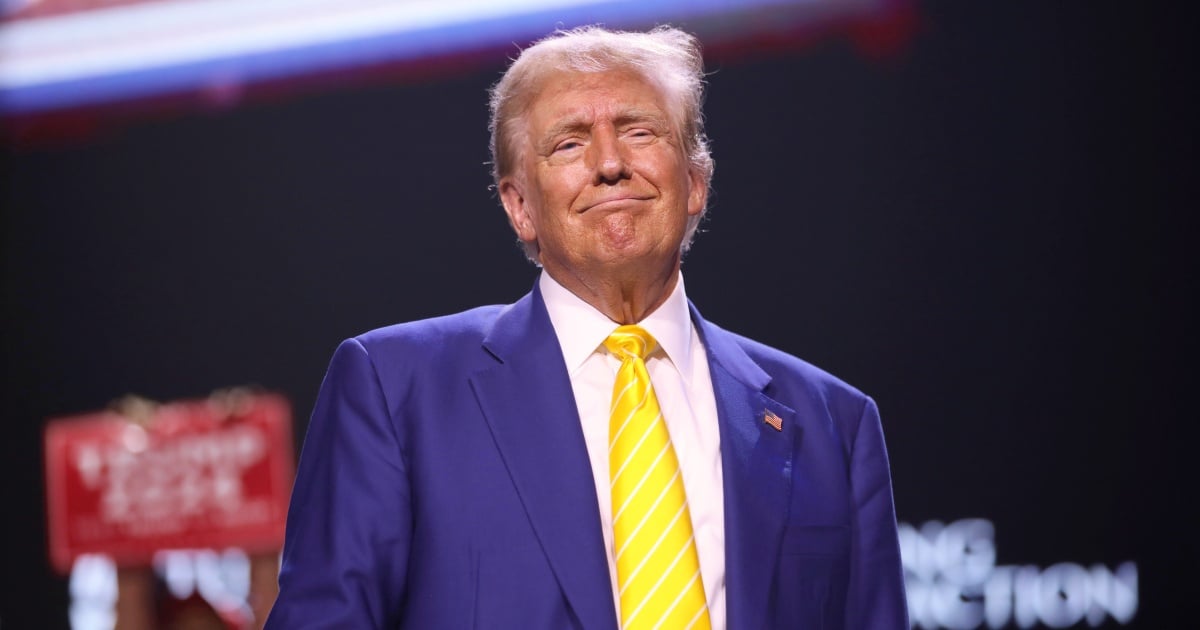A group advocating for Puerto Rican sovereignty has suggested to President Donald Trump that the Caribbean island be granted independence, a move that could save American taxpayers a staggering $617.8 billion. As reported by DailyMail.com, a seven-page draft "executive order" outlining a transition plan for Puerto Rico is already circulating within Congress and various U.S. government agencies.
This document is currently in the hands of key figures such as Secretary of State Marco Rubio, Director of National Intelligence Tulsi Gabbard, White House Chief of Staff Susie Wiles, among other high-ranking officials. Crafted possibly by a congressional office in collaboration with Puerto Rican secessionist leaders, the draft proposes severing Puerto Rico's financial and security ties with the United States and sets a 21-month deadline for ending birthright citizenship on the island. If implemented, individuals born there after December 31, 2026, would no longer be eligible for U.S. citizenship.
The text also suggests establishing a Puerto Rico Transition Fund, amounting to $36 billion annually over two decades, to support the country's economic independence. In the long run, this plan could save the United States an estimated $617.8 billion, according to the proposal's calculations.
An Executive Transition Commission (ETC) would also need to be formed to oversee the process, operating as part of the White House staff. The commission would be led by an Administrator appointed by Donald Trump, who must be a Puerto Rican resident living on the island.
"This solution ensures Puerto Rico's successful transition to sovereignty while upholding the 'America First' policy," the draft executive order states. Despite the draft's circulation, Trump has not expressed support for the measure, and the White House has denied knowledge of its origins.
The proposal has elicited mixed responses. Some politicians have dismissed the idea as an imposition, whereas Juan Dalmau, Secretary-General of the Puerto Rican Independence Party, called it an "interesting development" and advocated for a democratic decolonization process. In Puerto Rico, independence remains a minority option in public referenda. In the 2024 non-binding vote, 58% of voters favored statehood, while only 11% supported independence. Gabriella Boffelli, Executive Director of the Puerto Rico Federal Affairs Administration, refuted claims of a secret plan to force independence.
The fate of the document remains uncertain, yet the debate over Puerto Rico's political status continues to be a significant topic in U.S. politics.
Frequently Asked Questions About Puerto Rico's Independence Proposal
What is the proposed timeline for Puerto Rico's transition to independence?
The draft executive order proposes a 21-month timeline for Puerto Rico's transition, with the cessation of birthright citizenship by December 31, 2026.
How much could the United States save with Puerto Rico's independence?
The proposal estimates a potential savings of $617.8 billion for the United States.
What is the purpose of the Puerto Rico Transition Fund?
The Puerto Rico Transition Fund aims to provide $36 billion annually over 20 years to support Puerto Rico's economic independence.
